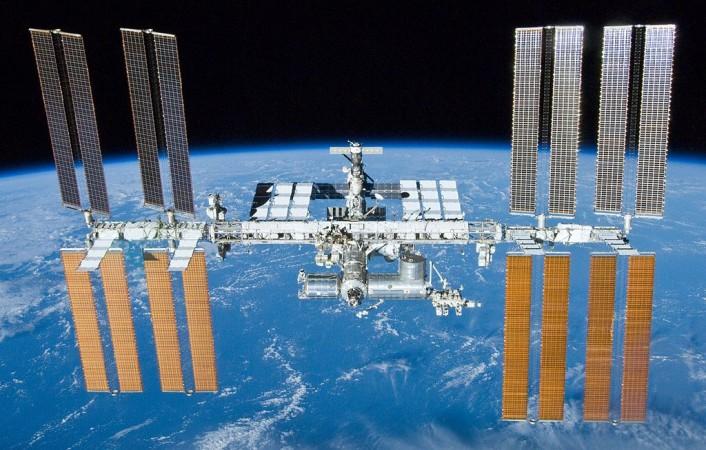
A team of scientists at NASA has discovered toilet microbes at the International Space Station (ISS). The discovery of bacterium Enterobacter has worried the United States space agency, and experts are checking whether these microbes will raise health implications for future space missions.
Apart from toilets, traces of bacterium Enterobacter were also found in the exercise platform of the International Space Station. It should be noted that all the five strains of bacterium Enterobacter discovered from the ISS fall in a single species, Enterobacter bugandensis.
"Given the multidrug resistance results for these ISS E bugandensis genomes and the increased chance of pathogenicity we have identified, these species potentially pose important health considerations for future missions. However, it is important to understand that the strains found on the ISS were not virulent, which means they are not an active threat to human health, but something to be monitored," said Nitin Singh, a researcher at the NASA's Jet Propulsion Laboratory (JPL) and the lead author of the study, Eurekalert.org reports.
A few months back, Peggy Whitson, a NASA astronaut who spent 665 floating days in the International Space Station, had shared her horrible toilet experience while in space. As per Whitson, urinating is pretty easy at the ISS, while excreting poops is a very challenging task.
Peggy revealed that while excreting feces, things usually go awry as astronauts excrete into a little-plate sized hole on the top of a silver can. A fan equipped in the latrine will suck the excretion away, and later, the poop will get deposited in a plastic bag. Once the plastic bag is full, it is the responsibility of the astronauts to pack it using a rubber glove.
The astronaut also added that the toilet malfunctioned many times during her days at the International Space Station, and in these moments, astronauts were compelled to deal with floating poops.
Scientists at NASA will soon study whether the malfunction of toilets in the International Space Station has contributed to the growth of microbes, which may turn harmful for the astronauts.













